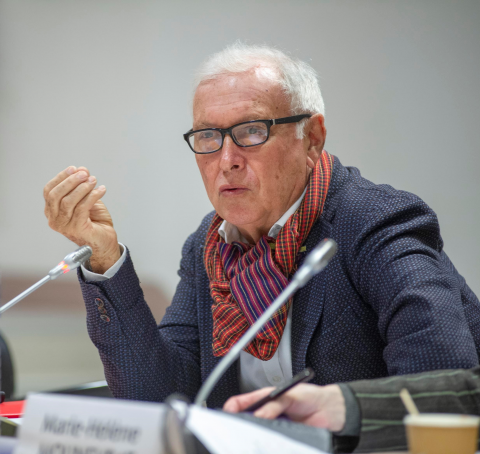The CCNE was created in 1983 after the birth of the first French baby by in vitro fertilisation. This feat of medical technology raised awareness that the whole field of procreation had been turned upside down. It seemed essential not to leave the questions of…
About Us
The CCNE highlights the ethical issues raised by scientific progress on health and society
- Identify and circumscribe the ethical questions posed by scientific advances to health and society
- Take into account an issue in all its complexity: scientific,…
Our thinking is based on benchmarks, none of which, except for the protection of human dignity, is a priori superior to another. Failure to respect this value could lead, for example, to the commodification of the human body, which is prohibited in our country. These…
- Independence. The members of the CCNE are chosen not because they belong to an institution but because of their competence or their interest in ethical issues.
- Diversity. The richness of the CCNE's work is due to…
Independent governance and college, flexible administration
- A President, appointed for two years by the President of the Republic, but independent of any political pressure. A vice-…
The library is open to the public by appointment for on-site consultation.
Phone: +33 1 42 75 66 43
e-mail : bibliotheque@comite-ethique.fr


